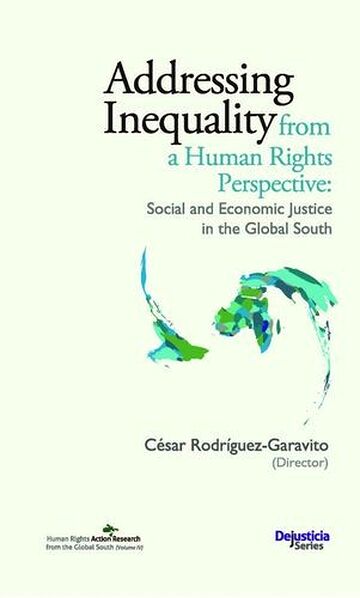- Libro
Digital

USD $ 6,99
-
FormatoEbook
-
EstadoNuevo
-
Isbn9789585441910
-
Peso3.4 MB
-
Número de páginas291
-
Año de edición2019
-
IdiomaInglés
-
FormatoPDF
-
ProtecciónDRM
-
ReferenciaBKW122809
-
Colección
